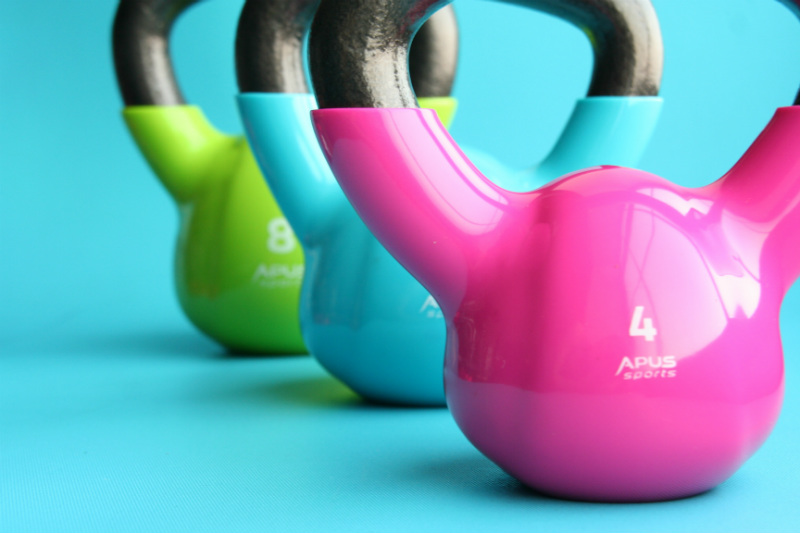But that’s exactly what happened to Payal Kadakia, co-founder and CEO of ClassPass – a popular fitness and dance class membership service, as she was working on her startup business plan in a New York Starbucks when she was mugged. The person tried to get her laptop but was scared off by an onlooker before he could wrench it away.
Kadakia took what would be a traumatic experience for most people and turned it into fuel to help drive her business success.
“That moment motivated me to really work at it to better protect myself,” she said in an interview in Business Insider. “And that in turn motivated me to perfect my business.”
And she certainly needed the motivation since she had to rethink her business model several times to find the one that clicked.
Turning a Passion into a Business
Kadakia, an avid dancer who was born in India, moved to New Jersey as a child and studied economics and operations research at MIT, founded the company in 2010. She came up with the idea when she struggled searching for dance classes she wanted to take. She just couldn’t get enough information and recognized an opportunity for a business. She began working on a monthly fee-based service that would allow subscribers to sign up for an unlimited number of classes in pilates, boxing, spinning, aerial yoga, and many others.
However, it took a couple of false starts to get the model just right. Her first effort, Classivity, received tons of page views, but not many bookings – a major problem since her revenue model was based on the number of people who actually booked a class.
Two years later she tweaked the model and launched Passport. This service gave users 10 chances to try one class at a new studio. Scammers figured out a way to continue to return to their favorite classes by using fake emails and that ultimately tanked that idea.
Rethinking the Perfect Revenue Model
Kadakia and her co-founder Sanjiv Sanhavi brought on marketing veteran Mary Biggins who had been with fintech startup Betterment and also VistaPrint to help scale the next generation of the service. The third time was the charm.
Now renamed ClassPass, the new model launched in 2013 offered customers an unlimited number of classes for $99 a month – with only three classes allowed in the same studio in any given month. That was the magic model, catching on quickly, with 350,000 classes booked in the first three months. This success allowed Kadakia to expand the company into other cities.
Unleashing Revenue Growth
Kadakia’s persistence paid off.
ClassPass raised $84 million to fund the growth of the company and today the service is available in 34 cities across four countries with estimated sales of $60 million. Kadakia and her team continue to rethink ClassPass’s model offering various other subscription plans tailored to local needs. Their long-term vision includes incorporating other experiences like cooking and massages.
ClassPass is now valued at nearly $400 million and Forbes estimates Kadakia’s net worth at almost $50 million. What is it they say? If at first you don’t succeed…
You can read more inspiring stories of how companies have overcome difficult challenges to achieve phenomenal business success in my book Rethink Your Marketing. Buy the book today!
Payal Kadakia Photo Source: ClassPass







